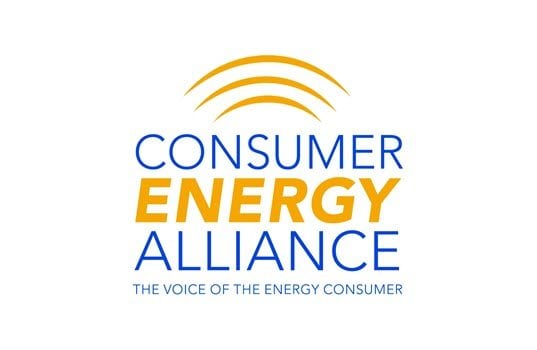Consumer Energy Alliance (CEA), the leading North American energy and environmental advocate for families and businesses, expressed concern over aspects of President Biden’s Build Back Better Act that will make energy less affordable and reliable for families and small businesses. CEA Federal Affairs Advisor Michael Zehr made the following statement:
“At a time when energy prices are soaring and some families are forced to choose between fuel or food, our lawmakers are making energy more expensive by supporting increased fees and taxes on natural gas—price increases that will be passed on to consumers as higher costs for home heating, cooking, and goods and services.”
“The legislation also needlessly restricts the responsible, well-regulated development of domestic oil and gas at a time when we are already begging more carbon-intensive providers from OPEC+ and Russia to increase production to meet needs we could address at home. It is illogical to ask countries with lower environmental standards to supply us while restricting American producers who have the strictest environmental regulations in the world.”
“CEA has long supported all forms of energy from oil and gas to renewables and nuclear power—and Congress should, too. If we want to regain control of energy prices, meet the growing demand for energy, and continue our march toward a net-zero future, we must thoughtfully use all of our energy resources, including oil and gas, expanded renewable energy infrastructure, nuclear capabilities and carbon capture technology.”
“America is stronger when we are energy independent, so we are pleased the Build Back Better Act provides incentives for new technology; renewable energy; advanced nuclear; carbon capture, utilization and storage (CCUS); and alternative fuels.”
“The U.S. leads the world in technology that safeguards our environment while providing the affordable, reliable energy our families, farmers and small businesses need. We can and must keep moving toward our net-zero goals while meeting our energy needs – but hampering development and pushing punitive taxes on our energy producers is a losing strategy.”









